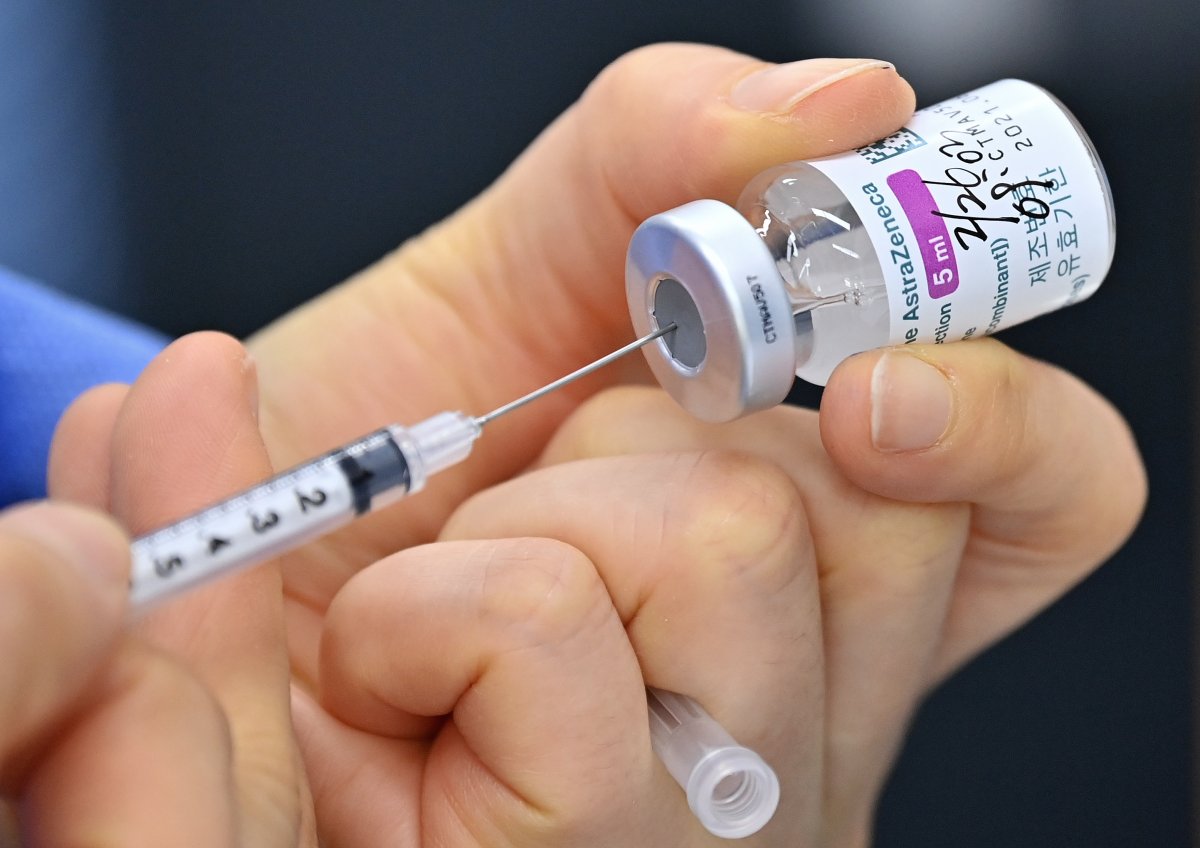The COVID-19 vaccination program is giving many Americans their first glimpse of an alternative to our current health care system.
The horror stories we've grown used to—uninsured and underinsured Americans dying because they cannot afford life-sustaining medications—simply do not apply to the vaccination effort. Vaccine eligibility is based on age and health risks, not insurance status or ability to pay. Those who have the good fortune to be covered by employer-sponsored health insurance cannot jump in line ahead of the uninsured.
After vaccination, you can snap a selfie, take a picture of your vaccination card and continue on your way. You don't have to worry about a co-pay, or a confusing "explanation of benefits" statement, or a denial of benefits or even a bill. Like the best of socialized health care, the vaccine, paid for by general taxation, is free at the point of use and comes without a mountain of paperwork.
All of this is possible because the federal government decommodified the entire program. It purchased the vaccines, intervened in the supply chain to increase production and distributed doses to public and private providers with a mandate to inoculate the masses. Washington determined that such an important resource should be distributed on the basis of need, rather than left to the free market.
This is the same logic we use for fire departments, K-12 education and interstate highways. It's the logic that many other countries use for all of their health care services, but that the U.S. has persistently rejected to the detriment of our health—and of many Americans' ability to access care. The COVID-19 vaccine demonstrates what's possible when the political will exists.
Similar to Medicare and Medicaid, the government will pay private providers for vaccination services rendered. It maintains a single payer, multi-provider system in which some providers may be able to profit. But patients have access to the vaccine regardless of whether the shot is profitable—and regardless of whether they have private insurance, coverage under a public health care program or are completely uninsured.

The rollout has not been perfect. Distribution to rural areas has been a challenge. An inconsistent supply of doses has made planning and scheduling appointments difficult. Appointments have not been easy to navigate for those who do not have access to, or experience with, online booking systems.
All health care systems have tradeoffs; there are always limits and shortcomings. The key here, as with other single payer health care systems, is that the tradeoffs are not adjudicated based on ability to pay, insurance company determinations or the happenstance of a job that provides health insurance coverage.
But now that we've seen how single-payer health care can work in one circumstance, can we really maintain that in every other case, access should be left to the free market? Should we grant access to COVID-19 vaccines regardless of insurance status while continuing to deny flu shots to those who aren't covered by private insurance, Medicare or Medicaid?
The pandemic has shown us so many failings in our health care system. The coronavirus relief bills covered treatment costs for those with the virus, but not those with other diagnoses, leaving a truly bizarre and uniquely American situation in which one's ability to avoid bankruptcy depends on whether a hospital has identified an ailment as COVID-19 or as literally any other illness.
The vaccine rollout, however, has shown us a silver lining: the possibility of a single payer world where health care is available on the basis of need.
We are faced with a choice. Will we learn this lesson and reform our cruel and incomplete market-based health care system? Or will we claim that while coronavirus prevention is too important to be left to the free market, we will happily continue leaving prevention and treatment of every other condition—from the flu to cancer—to the brutality of the current system?
Rebecca Kolins Givan is an associate professor in the School of Management and Labor Relations at Rutgers, the State University of New Jersey. She is the author of The Challenge to Change: Reforming Health Care on the Frontline in the United States and the United Kingdom.
The views expressed in this article are the writer's own.
Uncommon Knowledge
Newsweek is committed to challenging conventional wisdom and finding connections in the search for common ground.
Newsweek is committed to challenging conventional wisdom and finding connections in the search for common ground.
About the writer
To read how Newsweek uses AI as a newsroom tool, Click here.








